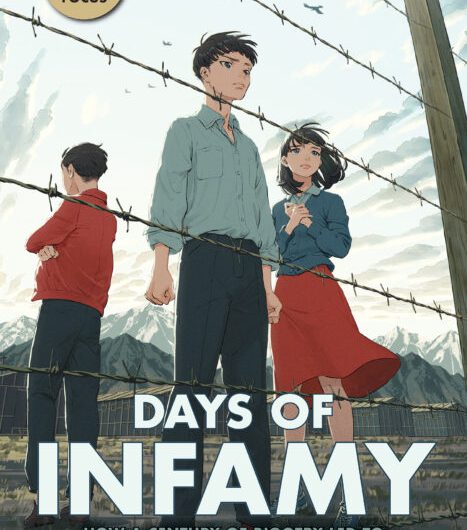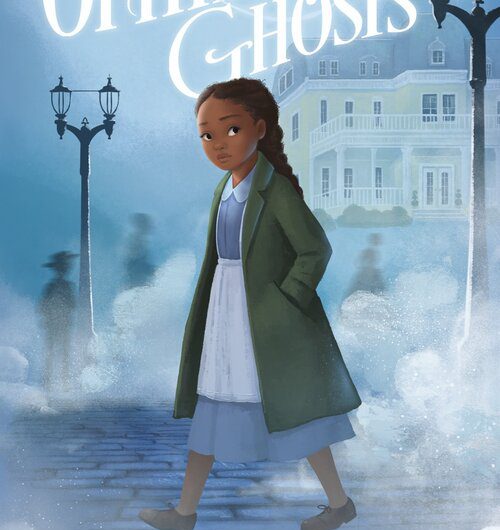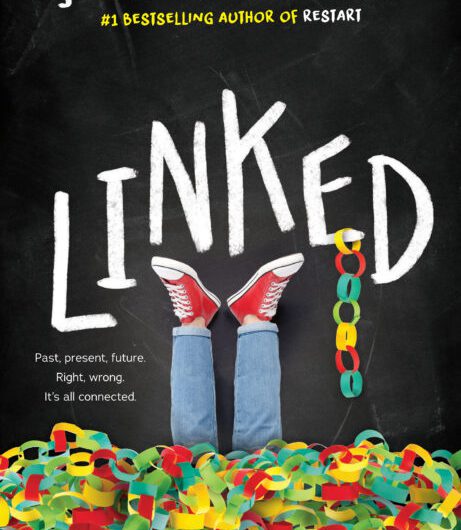Days of Infamy by Lawrence Goldstone
In his nonfiction book Days of Infamy, Lawrence Goldstone reveals several events from the past that bear remembering, lest they be repeated. The book provides important history for young adults about how a century of bigotry led to Japanese American internment. With Executive Order 9066 authorized by President Franklin Roosevelt, anyone of Japanese heritage was considered an “alien,” a potential saboteur or enemy agent who could be denied rights otherwise guaranteed under the Constitution. To have one’s rights annulled in the name of national security—as was again done with the Patriot Act after September 11, 2001—is something we should have learned from; yet, here weRead More →



